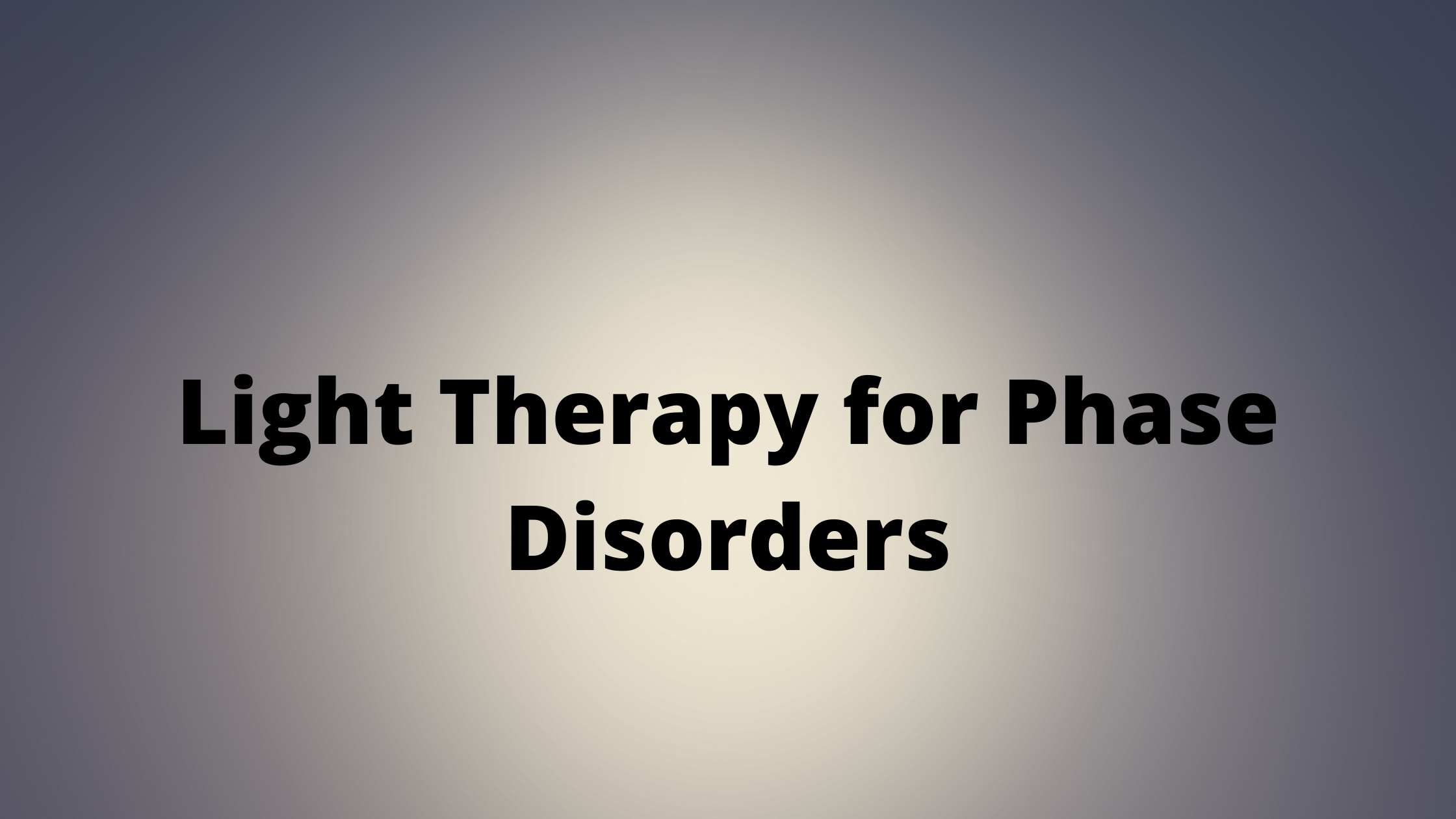
Our circadian rhythm is the master clock of our bodies. It tells us when to go to sleep, when to wake up, and all of the fluctuations throughout the day of our energy and alertness. This rhythm is determined by light which serves as a crucial determining factor for our schedules.
Biology also plays a role in our circadian rhythms. By nature, we are either early birds or night owls. It is hard to deviate much from this schedule. We are programmed to get tired and be alert at different parts of the day. The circadian rhythm and light help to manage this.
However, as we age, these phases may experience dramatic shifts as our hormones fluctuate. This can cause extreme sleep problems that can lead to excessive daytime sleepiness and insomnia. Continue reading to find out how to best manage these shifts.
Problems with insomnia
Insomnia is the inability to go to sleep. There is primary or secondary, as well as acute and chronic. Primary insomnia means trouble sleeping without an identifiable cause. If it's acute, then this problem has been going on a short while. If it's chronic, then it has been going on for a long time.
Insomnia can lead to sleep deprivation, which is a really dangerous stage of not receiving adequate rest. Adults are recommended to get 7-8 hours of sleep. Children and teens are recommended to get even more sleep because of all the growth and learning they are doing.
Without these hours, both children and adults are at risk for mood dysfunction, memory and learning impairment, weakened immune system, and development or increasing severity of chronic diseases like obesity, diabetes, cardiovascular disease, etc.
Anxiety and depression are also influenced by a lack of sleep. Teen and old age are two age groups that are already highly susceptible to these mental disorders, so if sleep is a protective factor, then it's important to maintain a good sleep schedule.
Phase shifts
Both teens and older individuals go through phase shifts in their sleep. This means that their sleep schedule either shifts forward or backwards.
For teens, their circadian rhythm shifts forward, so they want to fall asleep later and wake up later. This can make early school start times really problematic because they fell asleep late, but still have to get up early. Most teens are not getting adequate sleep, and technology and electronics have just worsened that.
For older individuals, their circadian rhythm shifts backwards, so they fall asleep early and wake up very early. This can be frustrating because they are unable to stay awake late at night to spend time with family, and then they are up really early when everyone else is asleep.
Light Therapy
Because light is the number one command of the circadian rhythm, exposing individuals to light to help them stay awake, or wake up, can be a great non-pharmaceutical option.
For older individuals, it is best to give them bright light therapy or expose them to sunlight in the evening. Being very active during the day and then being exposed to bright light around 6:00pm will help extend their clock a little later. Then, they will sleep a little later in the mornings. It will take consistent effort to manage and reprogram a circadian rhythm, but the results are worth it.
For teens, their light therapy needs to be the opposite. They need to be exposed to light early in the morning, and then have very little or no light exposure in the evenings. Even if school start times don't change, they can still get into bed early, and then have assistance waking up by walking to school, having bright light exposure through open blinds, and going for walks or early morning workouts on the weekends.
If natural light or artificial light in the house is not enough, then you may need to work with a sleep health professional to get a light with proper brightness. Click the orange button below to speak with a sleep health professional to see what the best option is for light therapy to help with phase change-related insomnia.
https://www.washingtonpost.com/wellness/2022/03/25/how-to-use-melatonin-for-sleep/

